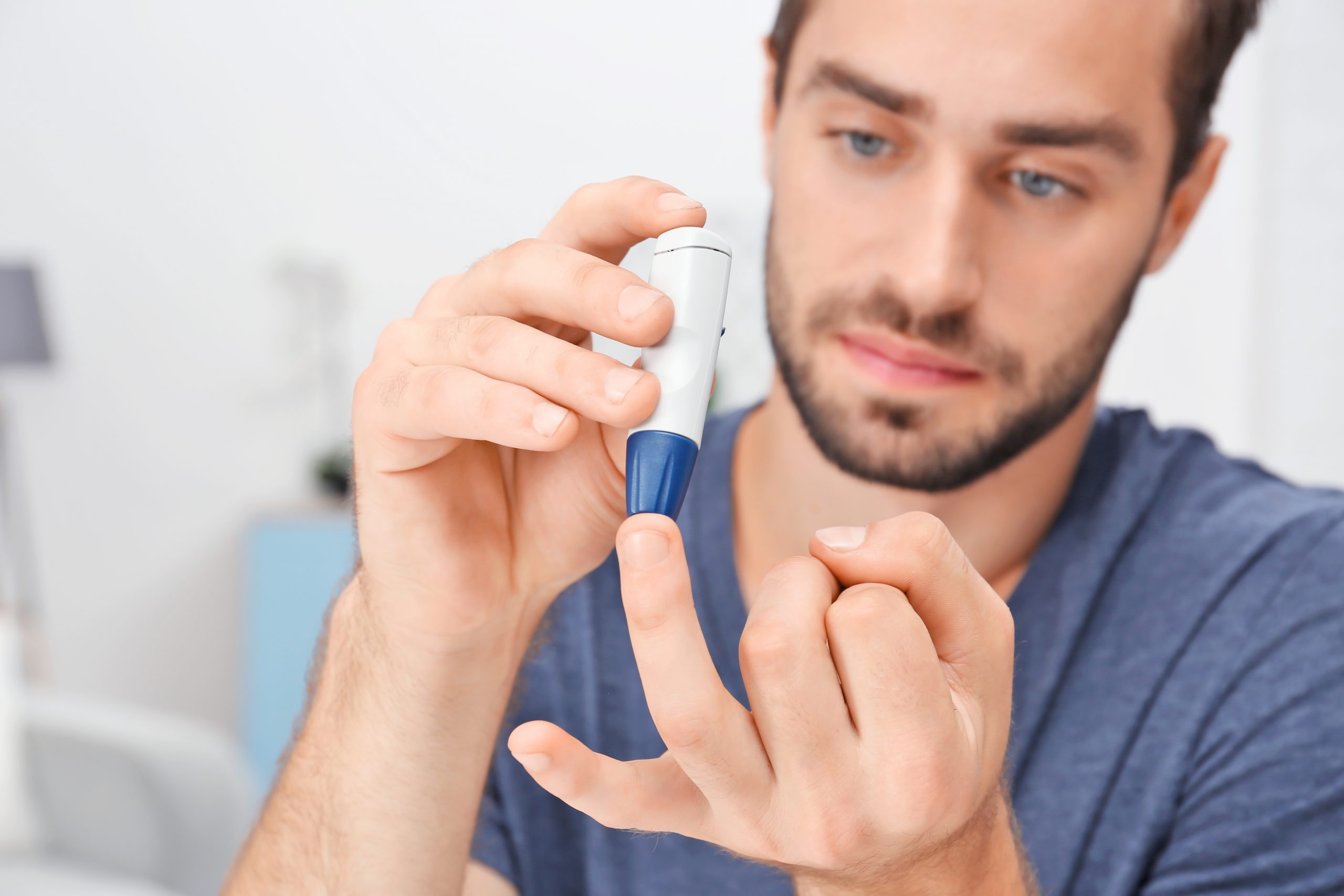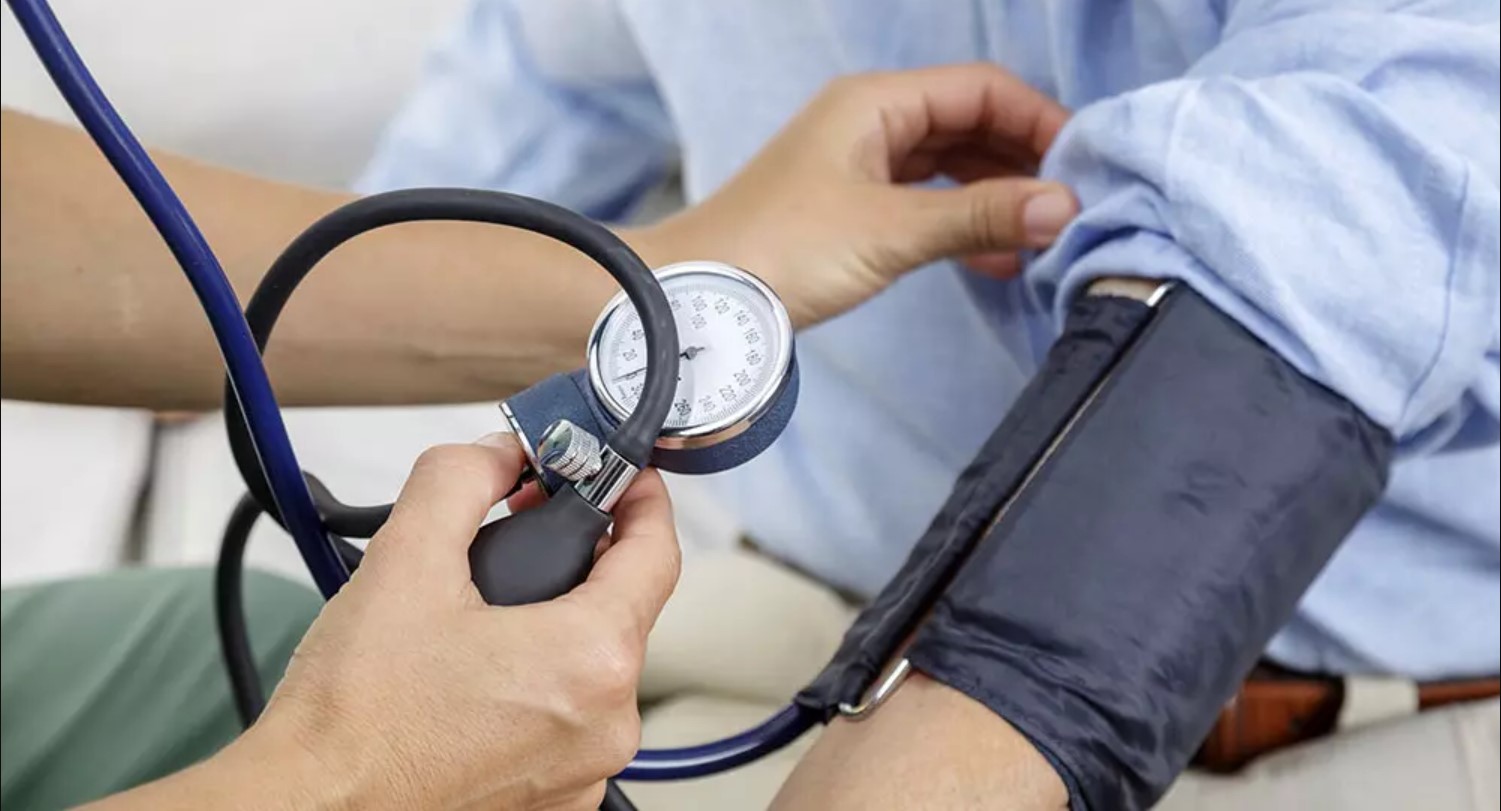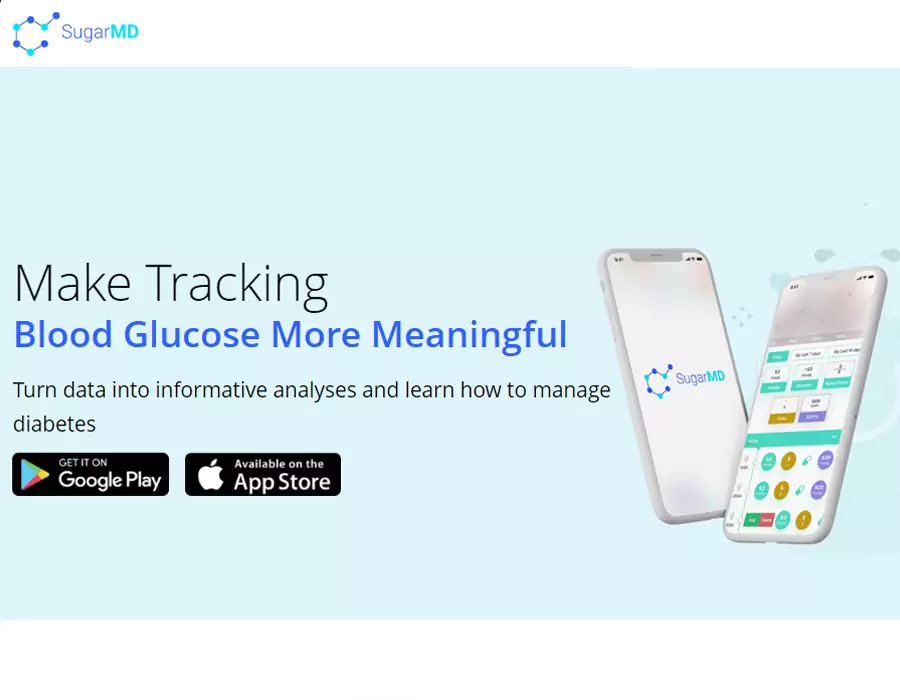
UP TO 40% OFF SITEWIDE






Diabetes Treatment Plan & Care Center - Isn't time for Online diabetes care?


Table of Contents
- Why should you care for your diabetes and where is the best mobile diabetes care center?
- The most common reason for death among diabetic patients is heart attacks and strokes
- Are heart attacks and strokes preventable with diabetes in diabetes care centers?
- Why does diabetes cause heart disease?
- Good news!
- Are there any medications that can reduce the risk of heart attacks and strokes when you have diabetes
- What is a controlled blood sugar mean in a diabetes care plan?
- What is controlled blood pressure when you have diabetes?
- What is a controlled cholesterol level to prevent heart attacks in a diabetes care plan?
- Diabetes remains to be one of the major reasons for emergency room visits due to shortage of diabetes care centers.
- Kidney disease with diabetes, a target and diabetes care plan
- What are the chances of having eye disease/retinopathy due to diabetes?
- Diabetes care is expensive
- The truth about diabetes care
- Welcome to mobile health for diabetes
Why should you care for your diabetes and where is the best mobile diabetes care center?
Michael just heard he had diabetes. He comes to a diabetes care center for a diabetes care plan. Michael feels somewhat angry with himself. He blames himself for not having a healthy lifestyle. On the other hand, there are a lot of things that Michael cannot change in his life.

Michael has patients with diabetes in his family. He knows from the persons in his family how difficult it can be to manage diabetes. Most patients in this family died from heart attacks and strokes in their early 60s. He is 55 and he is scared. Michael does not want to believe that he has diabetes. He is looking for guidance. Michael has researched for months to find high-quality online diabetes care centers.
He is looking for answers pertinent to his diabetes care plan. After you read this article you will know why it is so important to act now and control your diabetes simply via online diabetes doctors and coaches without much effort.
Should he care for diabetes? What does diabetes do anyways? Is it as scary as it looks? Michael gets consultation from his endocrinologist at SugarMDs to find out more.
His endocrinologist answers all his questions in detail. His endocrinologist is not trying to paint a great picture. He wants to open Michael's eyes to make sure that Michael does not share the same fate that his parents and the first-degree family members did.
The most common reason for death among diabetic patients is heart attacks and strokes
Currently, according to American Heart Association, at least 68 percent of people age 65 or older with diabetes die from some form of heart disease; and 16% die of stroke. Diabetes remains at the seventh a leading cause of death. Michael startles. He says he had no idea. At least now he knows that he is not alone and there are millions of Americans who are at risk for cardiovascular disease due to diabetes.
He also learns that adults with diabetes are two to four times more likely to die from heart disease than adults without diabetes.
His endocrinologist further elaborates. Moreover, studies estimate that patients who are in their early 40s with a history of diabetes, stroke and heart attack could experience around 23 years of lost life. That is because the clock for coronary heart disease starts ticking before the onset of diabetes. This is because insulin resistance is the main cause of cardiovascular disease. We will talk more about insulin resistance below. A good diabetes care plan always includes insulin resistance reduction as part of the plan. Look for a diabetes care center that helps with insulin resistance.
Are heart attacks and strokes preventable with diabetes in diabetes care centers?
The American Heart Association considers diabetes to be one of the seven major controllable risk factors for cardiovascular disease. To understand how to prevent heart disease we have to understand what causes heart disease to begin with.
Remember, Diabetes is the underlying cause of mortality for 80 ,000 per year.
Why does diabetes cause heart disease?
Diabetes type 2 is the result of insulin resistance syndrome. We also call that metabolic syndrome. Insulin resistance/metabolic syndrome consists of high blood pressure, high cholesterol and abdominal obesity. Since insulin resistance and metabolic syndrome are the major reasons for heart disease, diabetes type 2 in conjunction with high cholesterol, high blood pressure and obesity naturally becomes the leading cause of heart disease.

Over time, high cholesterol, high blood pressure, and high blood glucose damage your arteries. Inflammatory chemicals start circulating in the body. Those chemicals start damaging the vessel walls. The same factors also damage the nerves that control your heart and blood vessels.
The longer you have diabetes, the higher the chances that you will develop heart disease. As a result younger patients with diabetes tend to have heart attacks and strokes at a much younger age than the general population. Sometimes patients with diabetes do not even know that they have heart attacks.
That happens due to the neuropathy. Due to the neuropathy and painful sensation may not occur during a heart attack. Sometimes the first presentation is heart failure due to multiple unrecognized heart attacks. Remember, you will need certain medications that have a dual action in your diabetes care plan. In our diabetes care center, we try to choose medications that can help for both diabetes and the heart disease
Good news!
The good news is that with good diabetes care that includes blood sugar control as well as cholesterol and blood pressure control can help prevent heart attacks and strokes. Only 20% of Americans with diabetes have uncontrolled diabetes cholesterol and blood pressure at the same time.
In our practice, we aim for this to be 90% or more. We understand that diabetes, high blood pressure and high cholesterol each are one leg of a tripod. If one leg is a week or broken the tripod cannot stand. If your LDL is above 100 if your blood pressure is above 140/90 and if your diabetes control is not adequate, please get a consultation with us. In our diabetes care center, your diabetes care plan will include control of diabetes, high blood pressure and high cholesterol.
Are there any medications that can reduce the risk of heart attacks and strokes when you have diabetes
Yes, Michael, there are also some diabetes medications that can help reduce the risk of cardiovascular disease. Please refer to our previous article in regards to that.
Of course, if you are a smoker your risk is multiplied. Even if we have tools to reduce the risk of heart attacks if you have a very high baseline risk you may still have a heart attack.
If you have a family history of cardiovascular disease you should also take it even more seriously.
What is a controlled blood sugar mean in a diabetes care plan?
Controlled blood sugar can be defined as A1c less than 7% in general. On the other hand, achieving less than 7% A1c may not be easy in elderly individuals with multiple other medical problems. The younger you are the less A1c you should aim for. AACE recommends less than 6.5% and relatively healthy individuals. Most successful diabetes care centers aim for the lowest A1c that is reasonably achievable for their diabetes care plan.
What is controlled blood pressure when you have diabetes?

Blood pressure less than 140/90 is the minimal requirement. Less than 130/80 is more desirable if possible. Most of the time this goal is achievable with dietary changes such as reducing salt in the diet. That can easily be done by avoiding canned food, packaged food, frozen food. The remedy is eating fresh and eating healthy. If medications are necessary do not be afraid to discuss your options with your diabetes specialist.
What is a controlled cholesterol level to prevent heart attacks in a diabetes care plan?
In general, we want to keep LDL less than 100. For patients who already had heart attacks, we want to keep it less than 70 mg/dL. Medications can help reduce LDL. LDL is somewhat responsive to dietary changes. Yet, most of the time we need medications in order to achieve LDL goals.
On the other hand, HDL also play a role. We want to see HDL more than 50 in men, and more than 60 mg/dL in women. HDL is very responsive to exercise and not so responsive to medications.
The triglyceride goal is less than 150. There are medications that can reduce triglyceride levels. On the other hand, dietary changes are most helpful to reduce triglyceride levels. This happens by avoiding processed carbs and animal fat.
If the diabetes care plan in your diabetes care center does not help you achieving your cholesterol, goals please give us a call.
Diabetes remains to be one of the major reasons for emergency room visits due to shortage of diabetes care centers.
According to the CDC, 16 million emergency department (ED) visits were reported with diabetes as any listed diagnosis among adults aged 18 years or older.
Of those, 1.7 million was for major cardiovascular diseases including:
438,000 for heart diseases such as heart attacks or heart failure
313,000 for stroke
130,000 for a lower-extremity amputation
209,000 for hyperglycemic crisis
57,000 for hypoglycemia (low blood sugar)
Michael says enough for cardiovascular disease and emergency room problems. About my kidneys?
Kidney disease with diabetes, a target and diabetes care plan
His endocrinologist explains to Michael that 37% of all diabetics have some sort of chronic kidney disease. 50% of those had severe chronic kidney disease.
40% of all patients on dialysis ended up with dialysis due to diabetes. Kidney disease also totally related to uncontrolled diabetes, high blood pressure, and high cholesterol. Controlling all these 3 factors will definitely reduce the chances of progressing to dialysis. Dialysis prevention should be part of your diabetes care plan.
What are the chances of having eye disease/retinopathy due to diabetes?
Diabetes is the number 1 cause of blindness in the United States. It is also the number 1 preventable cause for blindness. Going to the eye doctor/ophthalmologist is absolutely necessary at regular intervals. This could be every 1 year for some patients. It can be every 2 years for very stable patients.
For patients who already have an underlying eye problem frequency of visits may be much more. If you want to avoid frequent visits to your ophthalmologist we would recommend seeing ER ophthalmologist at recommended intervals by your diabetes specialist/endocrinologist.
Diabetes care is expensive
The total direct and indirect estimated costs of diagnosed diabetes in the United States in 2017 was $327 billion.
Medical costs per person associated with diabetes increased from $8,417 to about $10,000 per year.
These are direct and indirect costs. The direct costs of diabetes include medication to cost and doctor visits. Medication costs and doctor visits can be 100s of dollars for some diabetic patients. At SugarMDs we do everything possible in order to reduce the medication cost for our patients. For membership plans, patients only pay membership price and nothing else. No co-pays.
The truth about diabetes care
Most patients do not even note to have diabetes or prediabetes. Patients who do not want that to have diabetes more than 50% of dollars are not under control. Those people who are not under control do not have access to diabetes specialist or endocrinologist. As a result, they do not have a diabetes care plan.
That is partly because of a shortage of endocrinologists. Diabetes care centers are hard to find. Some patients also are living remotely oriented. Traveling back and forth in our endocrinologist can be a very cumbersome process. This is true especially for people who are not living in Metro areas.
Welcome to mobile health for diabetes
On the other hand, now there is mobile health available for patients with diabetes at Sugar MDs. Mobile health allows patients to see their doctor via video chat. It also allows them to text back-and-forth with their diabetes coach and diabetes doctor. Emailing is possible. Blood sugars can be remotely monitored without keeping paper logs.
For patients to use Dexcom or freestyle libre this blood form also is a great opportunity to be tracked and treated remotely. Everything is electronic and very simple. Michael is very happy that technology has improved and now he does not have to drop everything he does to make sure that his diabetes is in check and he maintains a healthy life with diabetes.
Please feel free to contact us directly for any questions or concerns.
Author: Ahmet Ergin, MD, FACE, CDCES, ECNU About the author: Dr. Ergin operates a large diabetes practice mostly in Jupiter, FL, yet can see diabetic patients across the entire state of Florida via a unique telehealth platform which also allows him to track patient progress and be available at all times.
Written By Dr. Ahmet Ergin
465 total articles
Meet Dr. Ahmet Ergin, a highly skilled and dedicated endocrinologist with a passion for diabetes care. Dr. Ergin earned his medical degree with honors from Marmara University in Istanbul. He completed internal medicine residency and endocrinology fellowship at Cleveland Clinic. Dr. Ergin is board-certified in Internal Medicine, Endocrinology, Diabetes, and Metabolism due to his vast medical expertise. He's a certified diabetes educator, author of “The Ultimate Diabetes Book,” and founder of “the SugarMD YouTube channel.” Dr. Ergin offers exceptional diabetes care to his patients in Port Saint Lucie, FL, helping them manage effectively. For a closer look into his insights and experiences, connect with Dr. Ahmet Ergin on LinkedIn, Instagram, and YouTube.”
Disclaimer: These statements have not been evaluated by the Food and Drug Administration. Information on this website isn't intended to treat, cure or prevent any disease. Discuss with your doctor and do not self-treat.
Products















